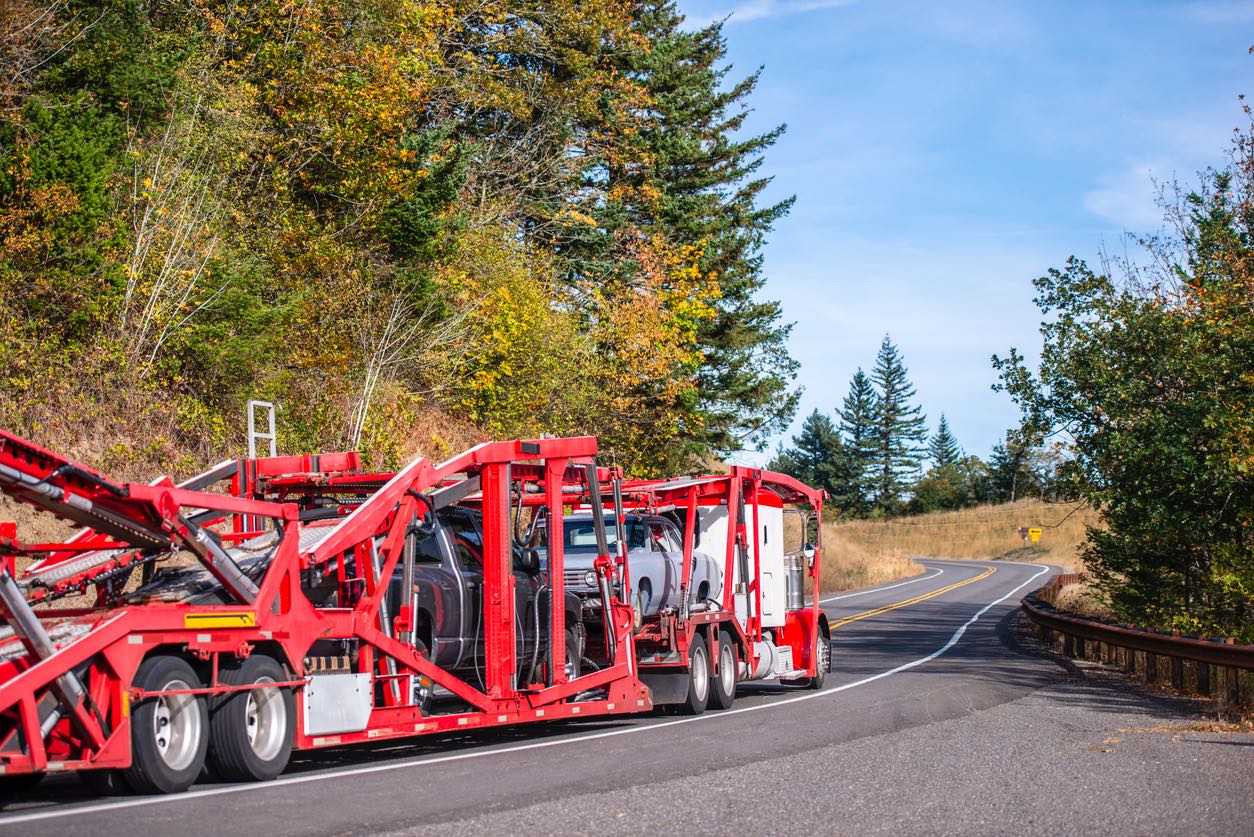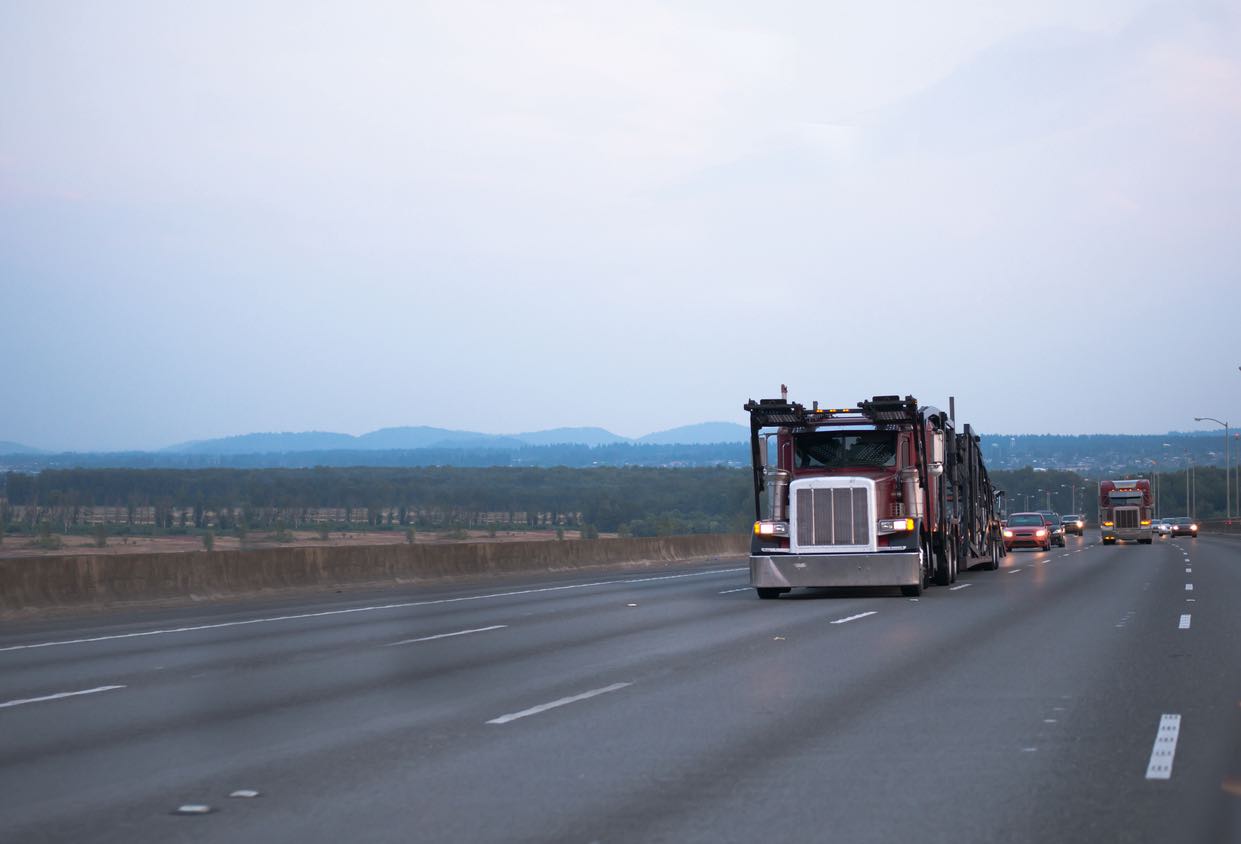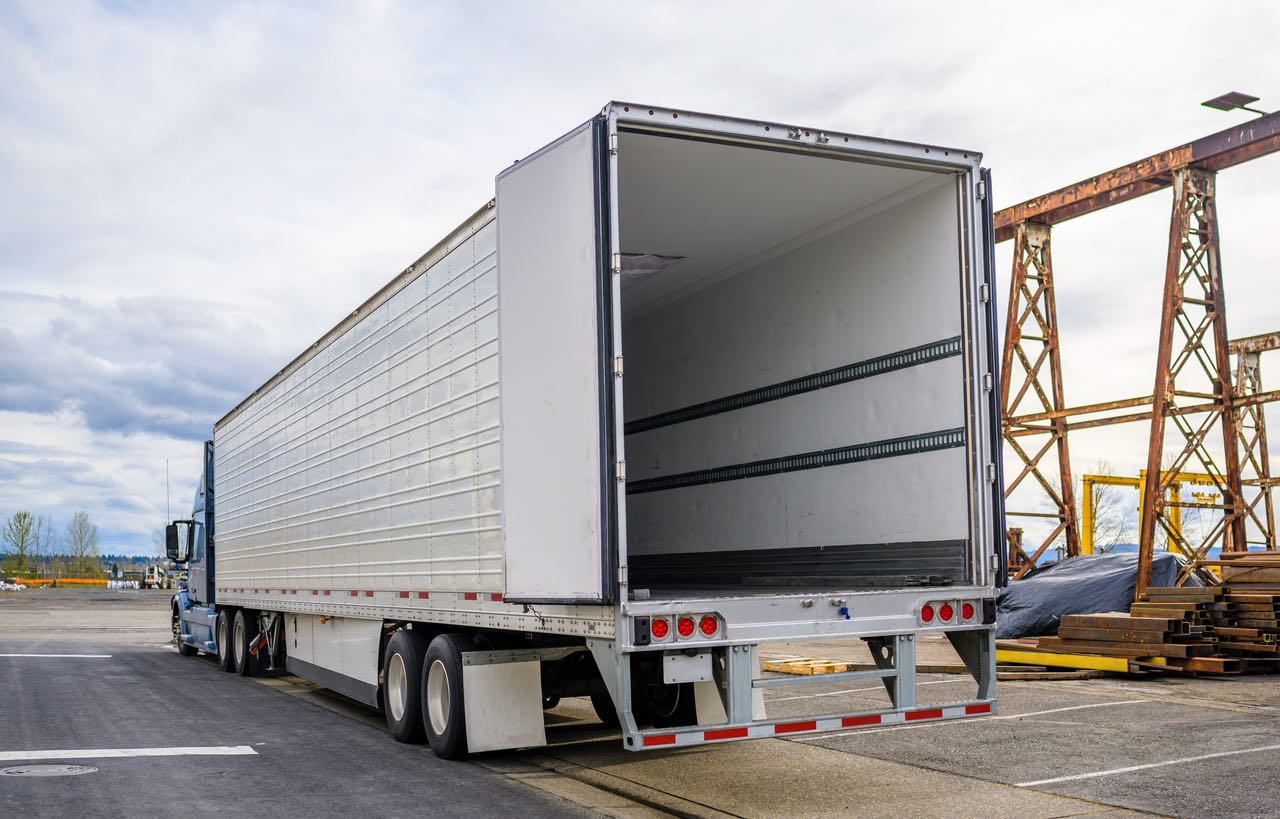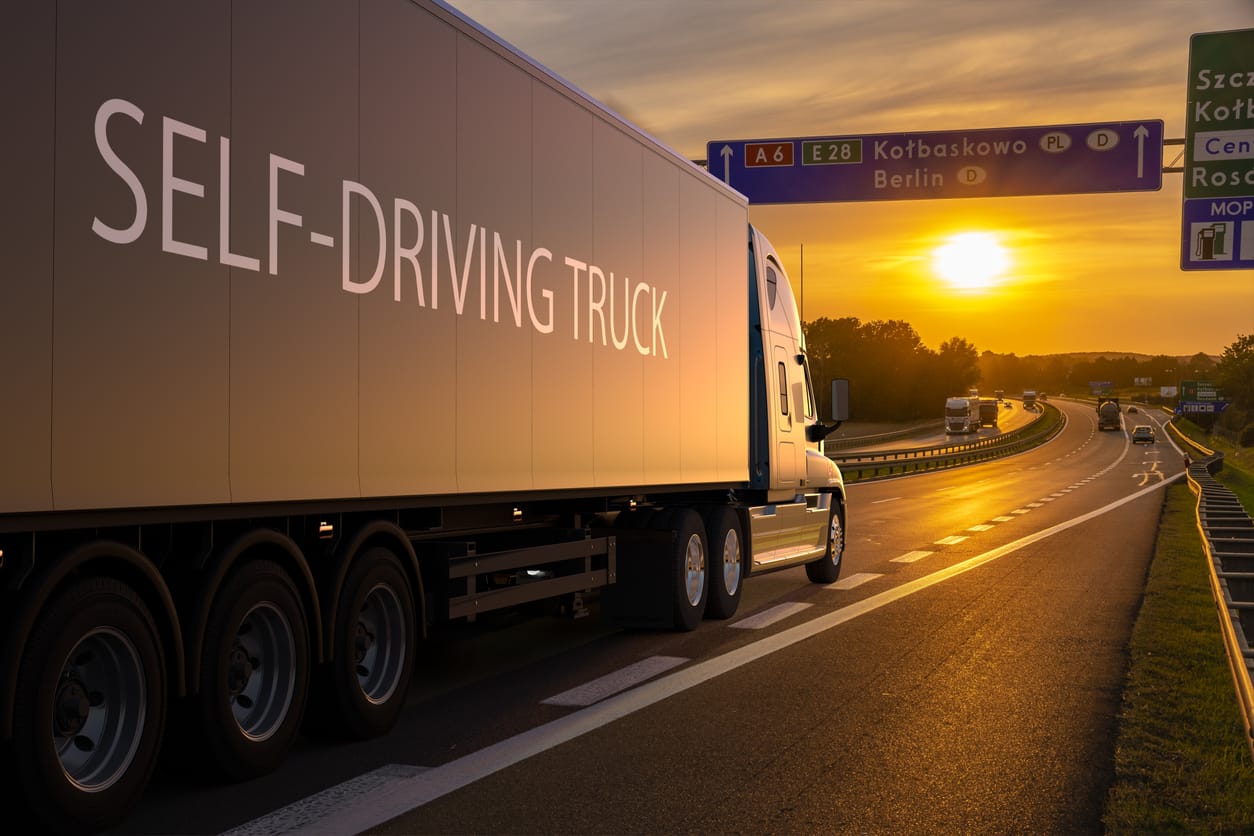Beyond the growing expense of insurance premiums, the trucking industry in the US faces numerous challenges. A critical period of transition is highlighted by recent legislative changes and industry adaptations, especially with the integration of zero-emission vehicles and the evolving risks in cybersecurity. As businesses navigate new rules and competitive pressures, this dynamic environment offers both challenges and opportunities. The sector’s digital transformation and the growing environmental regulations make updated risk management strategies imperative. To ensure that the foundation of American trade stays strong and adaptable to the needs of a shifting global market, methods for insuring and safeguarding assets against a wider range of risks also need to change along with the industry.

Policy Initiatives and Industry Support Considerable action has been taken at the state and federal levels to encourage the trucking industry to use zero-emission vehicles in response to environmental concerns. Assembly Bill 844, for instance, was put into effect in California. Its goal is to make the transition easier by guaranteeing that commercial insurance is available for these kinds of vehicles.
Challenges in Insuring New Technologies The adoption of zero-emission technology in trucks creates special insurance coverage challenges. The new risks brought on by these technologies may not be sufficiently covered by traditional policies, so the California Department of Insurance must take proactive steps to gather information and create strategies that work.

Increasing Costs and Legislative Responses Trucking companies’ insurance premiums have been rising due to a number of factors, such as the expense of lawsuits and catastrophic losses. States like New Jersey have responded by passing legislation requiring heavy trucks to carry liability insurance that is much higher than the federal minimum.
Impact of Regulatory Changes Although the goal of these regulatory changes is to give trucking companies more financial protection against accidents, they also place additional financial burdens on them, which may have an impact on their operational costs and business plans.
Cybersecurity in the Trucking Industry
Emerging Threats and Strategic Responses Security becomes a major worry as digital technologies are incorporated into the trucking sector more and more. Cyberattacks are increasingly aimed at the industry, which has sparked talks about cybersecurity insurance and best practices.
Best Practices for Mitigating Risks Cybersecurity risks can be reduced by implementing multifactor authentication and providing employees with ongoing training on digital security, according to experts. It is also recommended that businesses make sure their IT infrastructures are resilient to potential cyberattacks.

The trucking industry faces complex challenges related to insurance and risk management, which call for a multifaceted approach in order to succeed and adapt. The industry is facing new insurance needs that traditional policies might not be able to meet as it moves toward zero-emission technologies. In addition, increased liability coverage is required by new legal requirements imposed by states like New Jersey, which forces businesses to reevaluate their financial plans. As technology advances and the threat landscape changes, it is also critical to strengthen cybersecurity. In order for the industry to thrive in the face of these changes, businesses need to protect their operations and maintain compliance by not just adapting but also taking the initiative to actively engage with these new challenges.
Why Choose Ship A Car, Inc.? Ship A Car, Inc. stands out as the top option for vehicle and freight transportation throughout the US, committed to offering top-notch support and fulfilling client needs. They are a leader in the transportation industry because of their dedication to effectiveness and dependability. Ship A Car, Inc. provides customized solutions to meet the various needs of its clients by comprehending the intricacies of transport logistics and making sure that every shipment—whether it be heavy freight or an automobile—is handled with the highest care. They are the go-to source for your transportation needs because they have a staff of knowledgeable transport coordinators who are always available to provide professional advice and affordable shipping costs. Contact their team at (866) 821-4555 for the best shipping quote and guidance on your shipping needs if you want to take advantage of their exceptional service.

Q1: How has the introduction of zero-emission trucks impacted the trucking industry’s insurance needs?
A1: The transition toward zero-emission trucks has resulted in the emergence of new challenges for insurance companies. This is due to the fact that these vehicles incorporate technologies that conventional policies were not intended to cover.
Q2: What are the implications of New Jersey’s new insurance law for trucking companies?
A2: There are significant financial implications for trucking companies as a result of the law in New Jersey that doubles the requirement for liability insurance. This law may also result in an increase in operational costs.
Q3: What are the best practices for trucking companies to manage emerging cybersecurity risks?
A3: Some of the best practices include making investments in comprehensive cybersecurity insurance, improving the security of information technology infrastructure, and continuously educating employees about potential digital threats.




